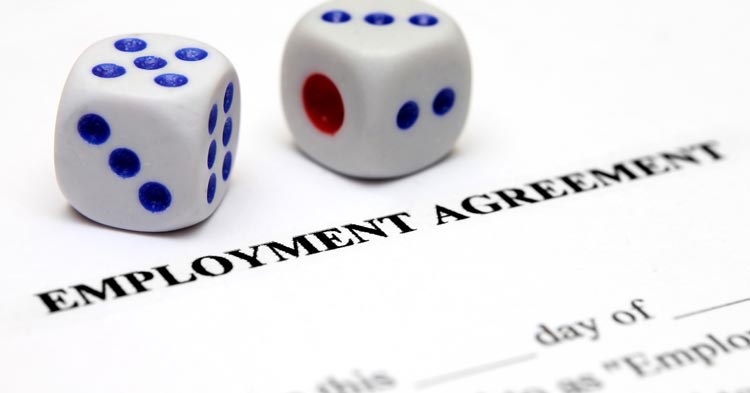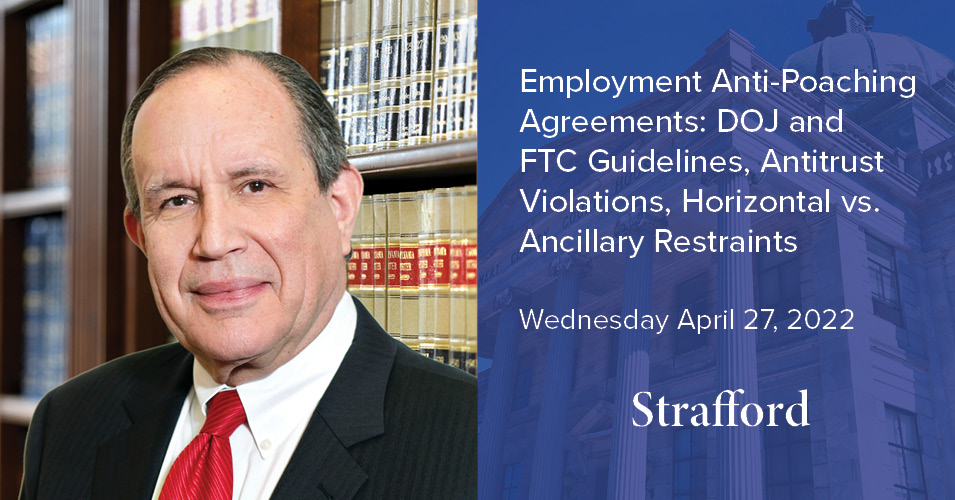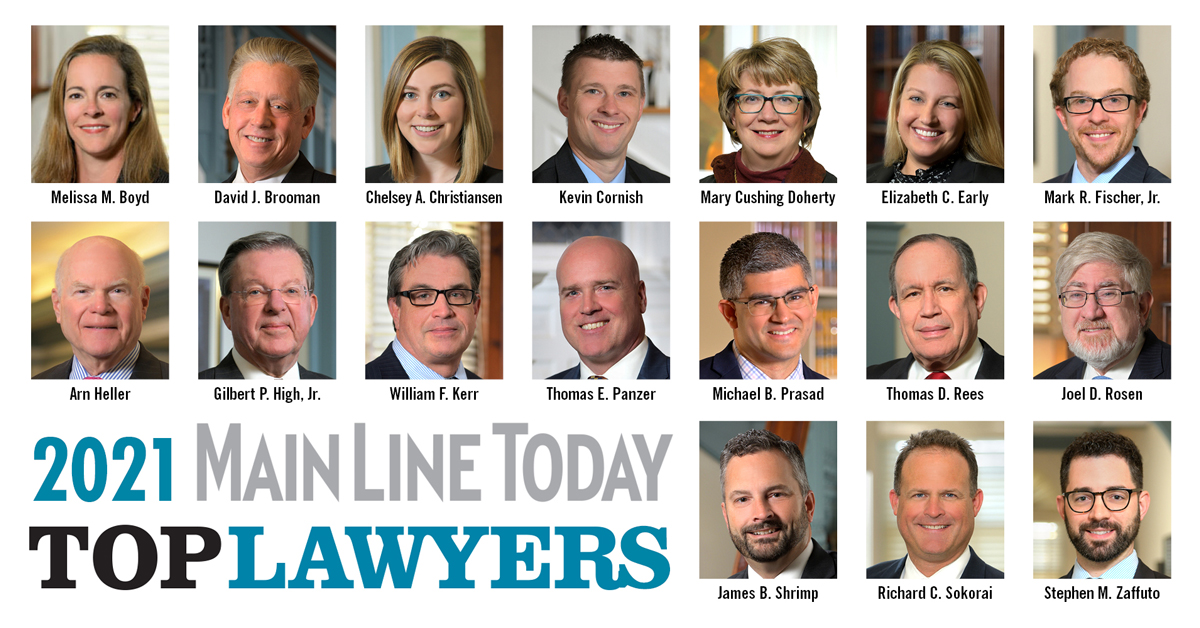Throughout your professional career, you may have signed a non-compete. But, if you haven't yet, now is an excellent time to learn about these common and important documents.
Typically, you'll receive a non-compete agreement when you start a new job. Your temptation may be to skim the pages without paying attention to the details or restrictions. After all, the non-compete only applies after you leave this job, and you're likely thrilled about the new position at the moment of signing. But it's later, when a headhunter contacts you or you're ready for a career change, that you begin to worry about the implications of your non-compete.
What is a Non-Compete?
A non-compete agreement is a restrictive covenant limiting your ability to work in a particular field or industry. Generally, it includes a timeframe and defines the geographic area where you can work. It differs from a garden leave agreement, commonly used for companies in financial sectors.
Some states, like North Dakota, Oklahoma, and California, don't enforce non-competes. Pennsylvania has no general statute or regulations governing them.
That said, plenty of case law guides interpreting, understanding, and enforcing non-competes. However, Pennsylvania courts disfavor tools used to restrain trade. As a result, they tend to construe non-compete agreements against an employer seeking enforcement.
Accordingly, the courts will only enforce a non-compete agreement that is:
- Incidental to an employment relationship between the parties
- Reasonably necessary to protect the employer's business interests
- Reasonably limited in scope, duration, and geography
Courts require that you affirmatively agree to the terms of a non-compete - such as by reading and signing it. So, for example, an employer can't just tell you it is there and bind you to its terms.
In addition, you're not required to sign a restrictive covenant. However, your employer may rescind the job offer by failing to do so. Moreover, your employer may fire you if you are already employed. You can contest the employer's decision.
Whether you win or not depends on the facts of each case and state employment laws. In addition, the reasonableness of the proposed non-compete may be relevant.
Non-Compete Agreements Require Consideration
Like any other contract, a non-compete agreement requires sufficient consideration. Generally, your employment represents appropriate consideration. So, your employer will ask you to sign a non-compete before or after your employment begins. Accordingly, you'll want to keep an eye out for a non-compete in the packet of papers you get on your first day.
After beginning work and being asked to sign a non-compete, the consideration can be either an increase in pay or a beneficial change in your employment status. However, an employer telling you to "sign or get out" is not sufficient consideration in Pennsylvania.
Restrictions on Your Employment
Once you satisfy yourself that consideration exists, you'll want to look at the agreement's actual terms. Since every non-compete and restrictive covenant is unique, the terms analysis will be highly fact-specific. Nonetheless, there are some rules of thumb to keep in mind.
Courts rarely uphold any types of restrictive covenants with non-competes combining excessive timeframes with a broad geography.
Pennsylvania courts have usually upheld restrictions for durations of one to three years. Regarding geographic scope, Pennsylvania courts look to the range of the employee's duties in defining a reasonable territorial limitation. For example, your position is sales-related and in a relatively defined territory. In this instance, a non-compete agreement prohibiting you from selling a competitor's product or service would likely be appropriate.
A Pennsylvania court may, at its discretion, modify the terms of the agreement. For example, it can assign a more reasonable scope or duration if determining the more appropriate course of action. Indeed, some non-competes go overbroad with their restrictions. As a result, a court may nullify the non-compete entirely if an employee challenges the agreement.
Is It Possible to Challenge a Non-Compete Agreement?
If you ignore a non-compete, you risk a lawsuit or termination by your employer. However, there are ways to challenge the validity of your restrictive covenant.
Here are five ways to beat your non-compete agreement:
- Breach of Contract: Sometimes, employers bury a non-compete in an employment contract. So, ensure your employer lived up to other contractual obligations such as insurance or compensation. If your employer breached the contract, courts might relieve your non-compete obligations.
- Legitimate Interest: Not all positions require a restrictive covenant. For example, suppose your work isn't privy to trade secrets, confidential information, specialized training, or other proprietary materials. In that case, there's no reason to include a non-compete as a condition of employment.
- Reasonable Term: As mentioned, courts determine the reasonable timeframe for non-competes. If your employer includes an unreasonable period, courts may not uphold your non-compete. But, again, it depends on your state, job, and industry.
- Confidential Information: If you have access to information available to everyone, it's not secret. Courts may not enforce the non-compete if you can prove that information is public domain.
- Short-Staffed Positions: Some industries need workers, for example, in health, science, and safety positions. If you're in a short-staffed place, courts typically won't enforce a non-compete.
Talk to an employment lawyer to determine if you have appropriate grounds for challenging your employment agreement.
Is a Non-Compete Enforceable if I'm Fired?
It depends. First, look at the terms of your non-compete to see if it addresses termination. If so, the next question is whether that's legal, which again depends.
For example, if your employer is guilty of misconduct and terminates you, most courts have held that a non-compete is no longer enforceable. The reasoning is that illegal conduct by the employer was not part of your expectations when agreeing to the contract. It holds if your employer conducted unlawful activities and you elect to leave your job because of it.
Even if the reason for your termination is your fault, it's likely not to be a significant determinant. Generally, courts are less eager to enforce a non-compete agreement where the employer, and not you, decides to terminate the relationship.
Talk to an Employment Lawyer Before Signing Any Restrictive Covenants
Ultimately, each non-compete agreement is specific to the employer, its business, and the employee's position. However, interpreting and determining their enforceability is daunting. If you have concerns about a non-compete you signed or your employer asked you to sign, it's wise to seek advice from an experienced employment lawyer. They can help you most effectively navigate the non-compete's terms.
If you have any questions about employment agreements relating to restrictive covenants or employment issues in general, please get in touch with us at 610-275-0700 or main@highswartz.com.
Our employment law attorneys provide clients throughout the Pennsylvania region, including Bucks County, Montgomery County, Delaware County, Philadelphia, and Chester County, with sound advice and excellent representation. Our employment lawyers deal with workplace issues in an ever-changing environment. They counsel and serve employers on general employment policies and handle individual employment matters.
The information above is general: we recommend you consult an attorney regarding your circumstances. You should not consider the content of this information as legal advice or a substitute for legal representation.









